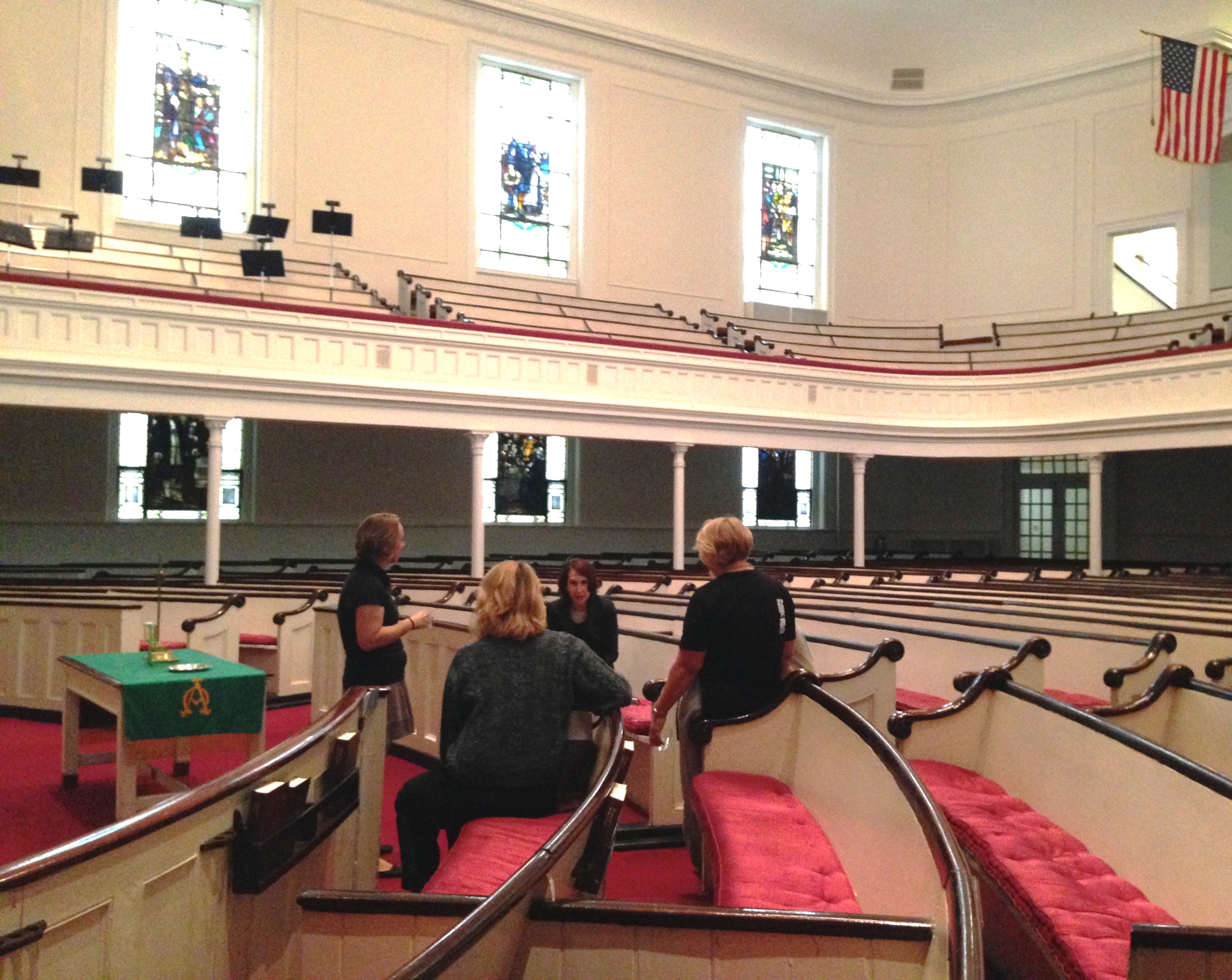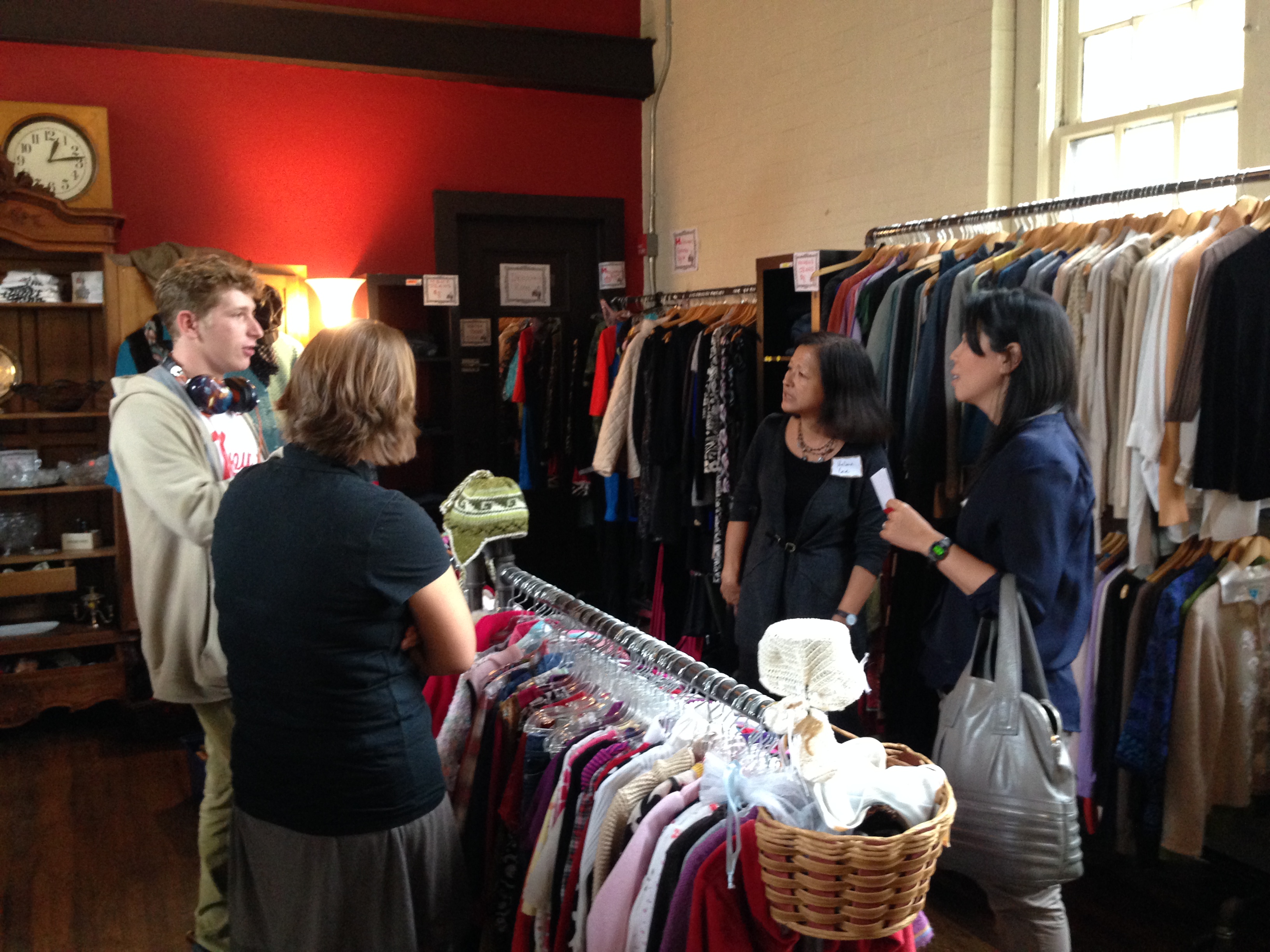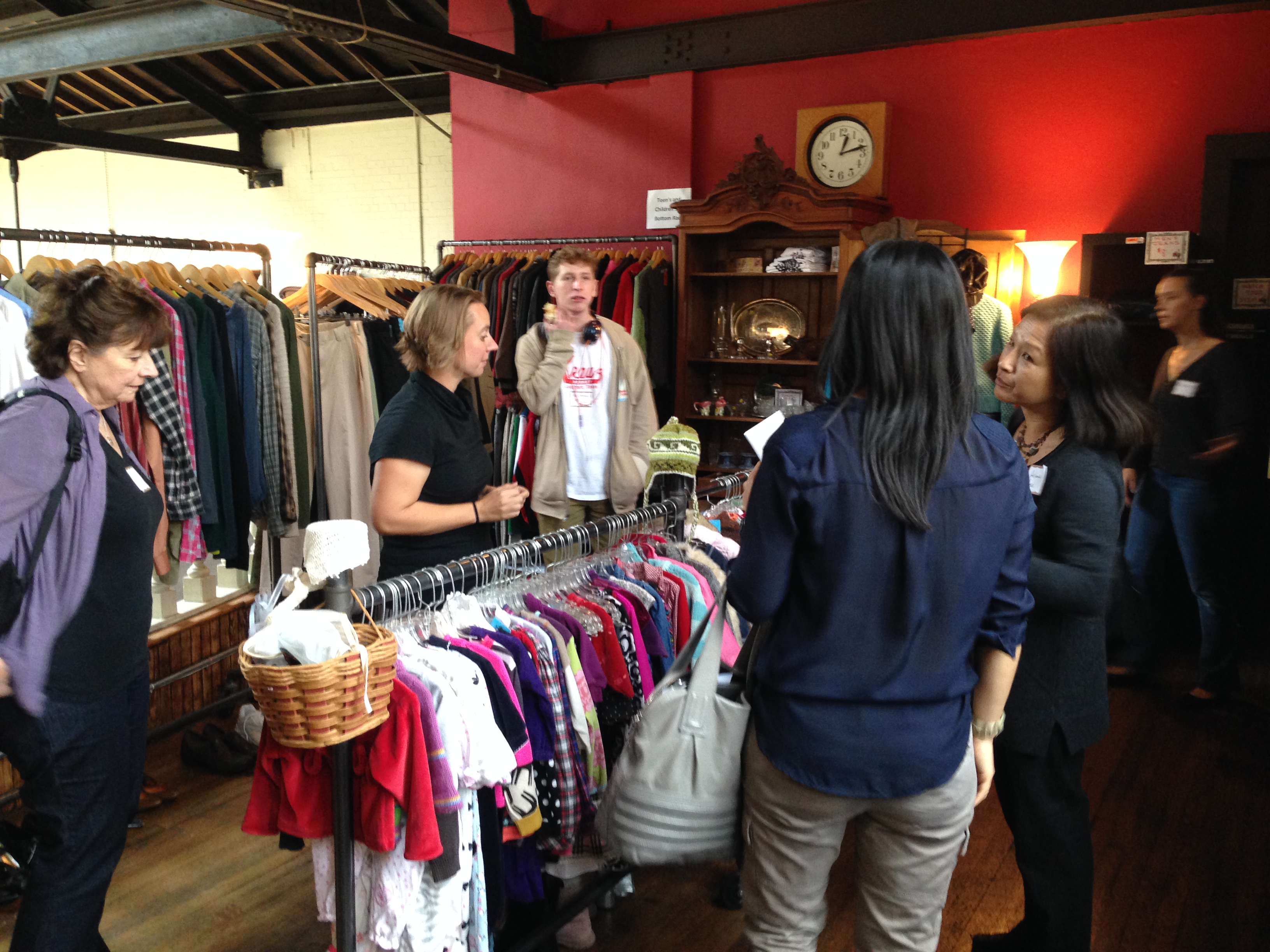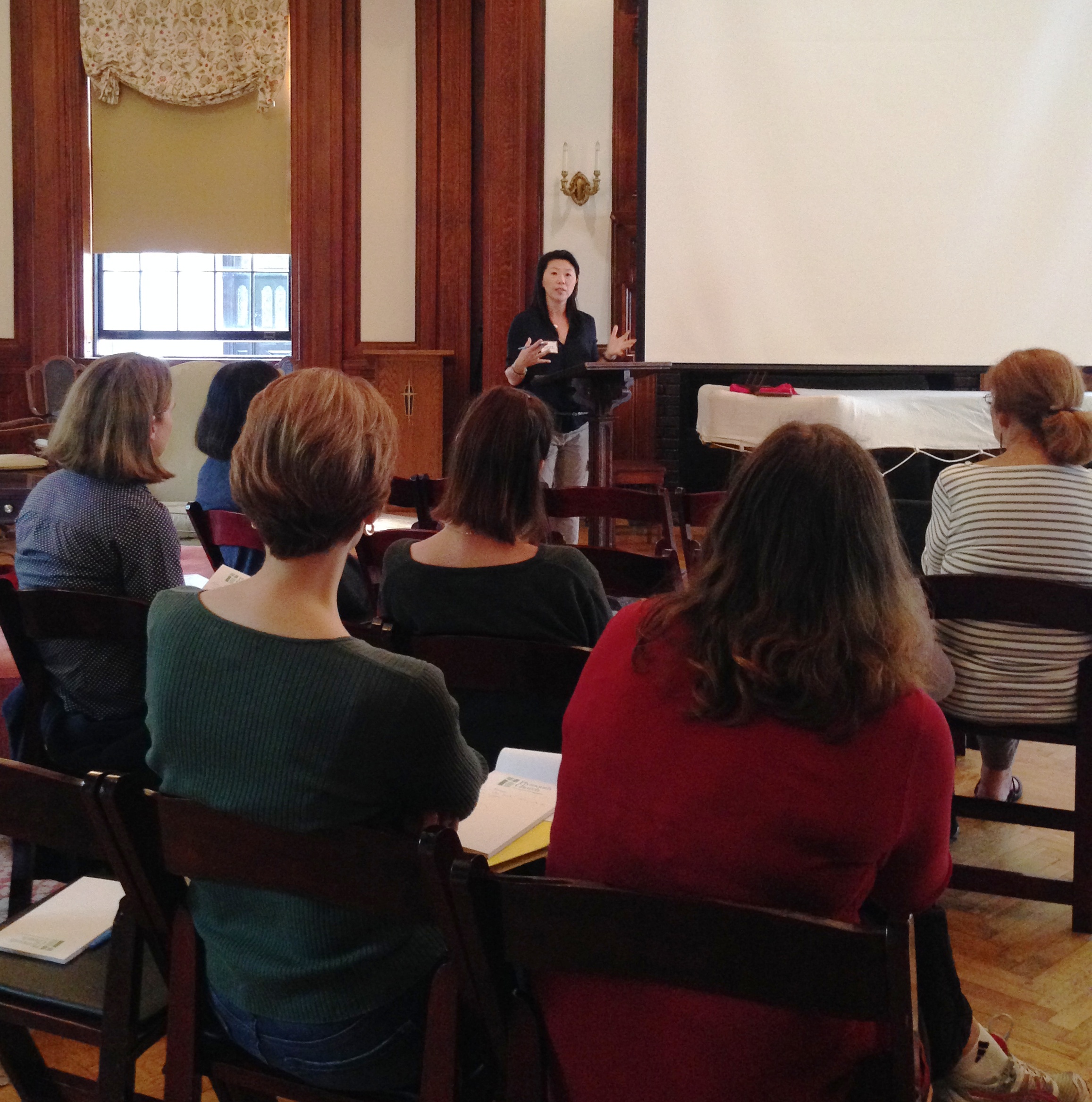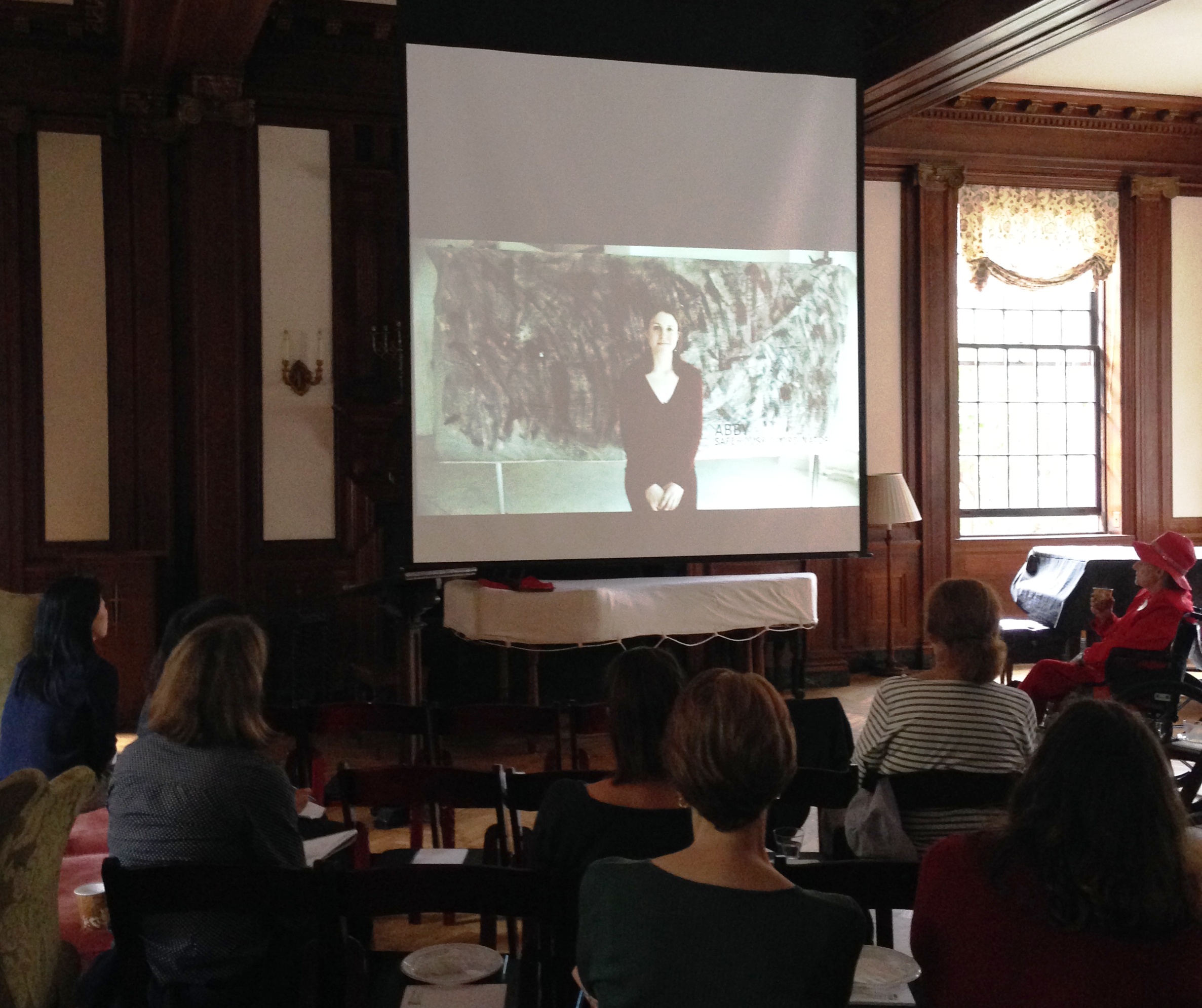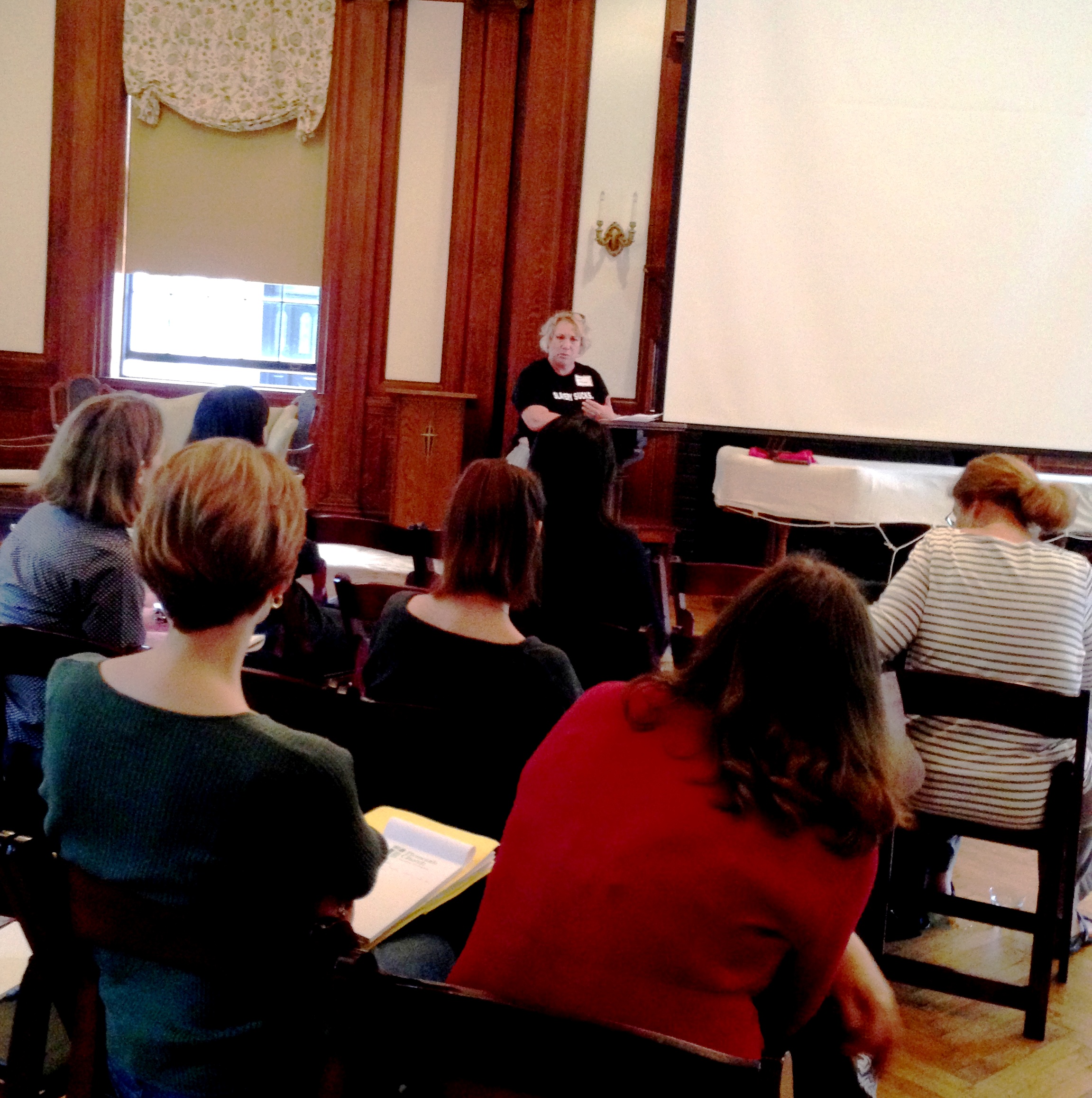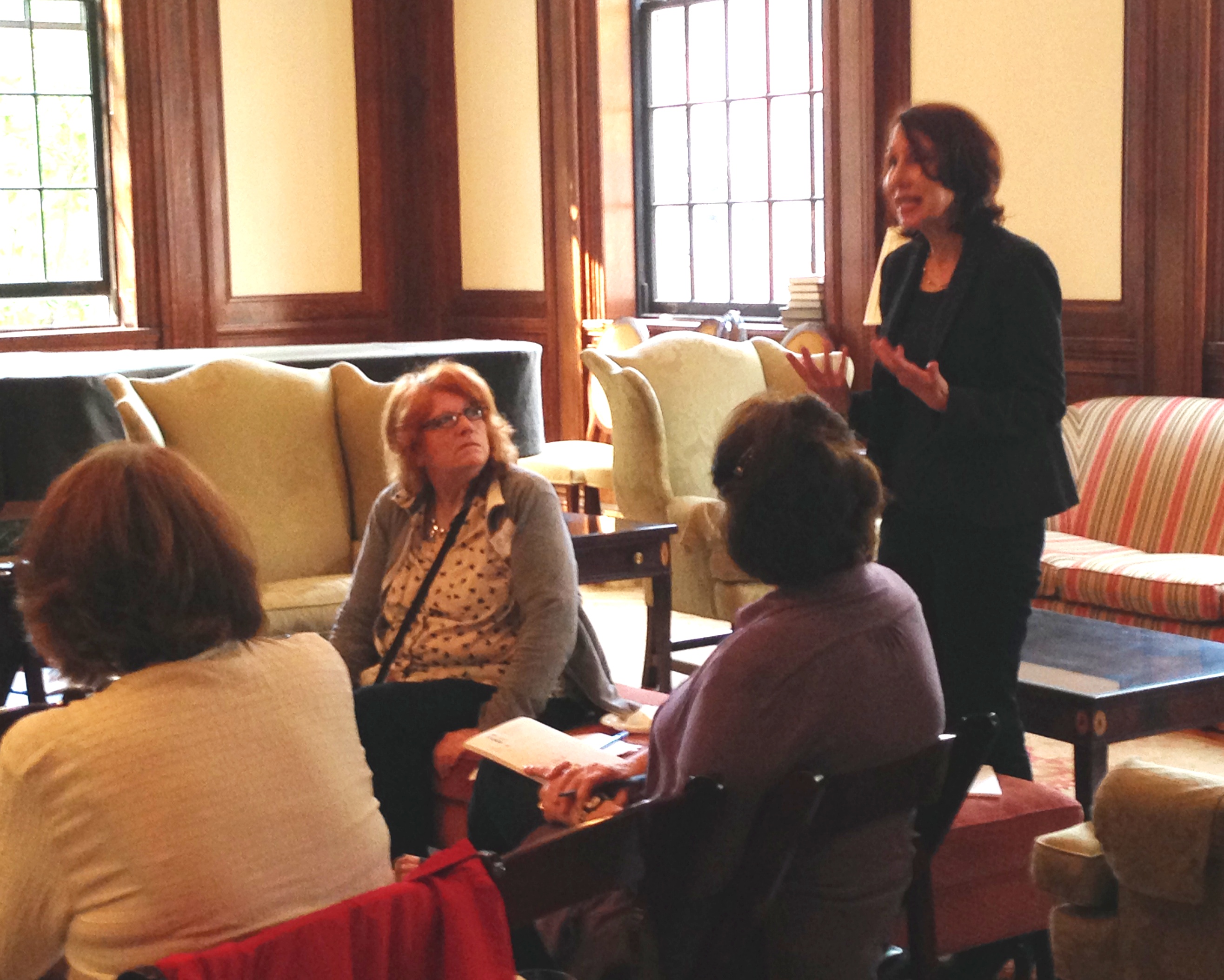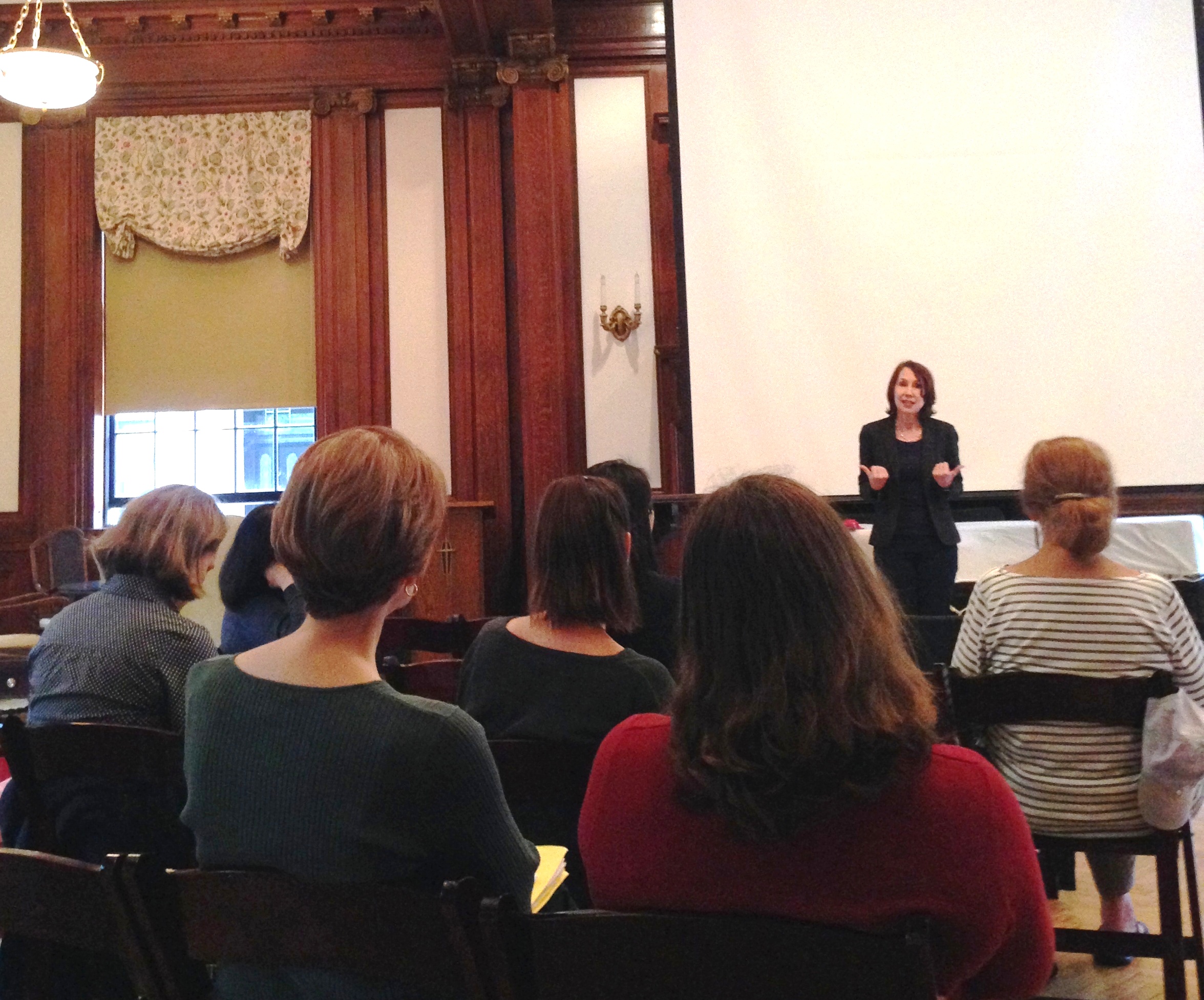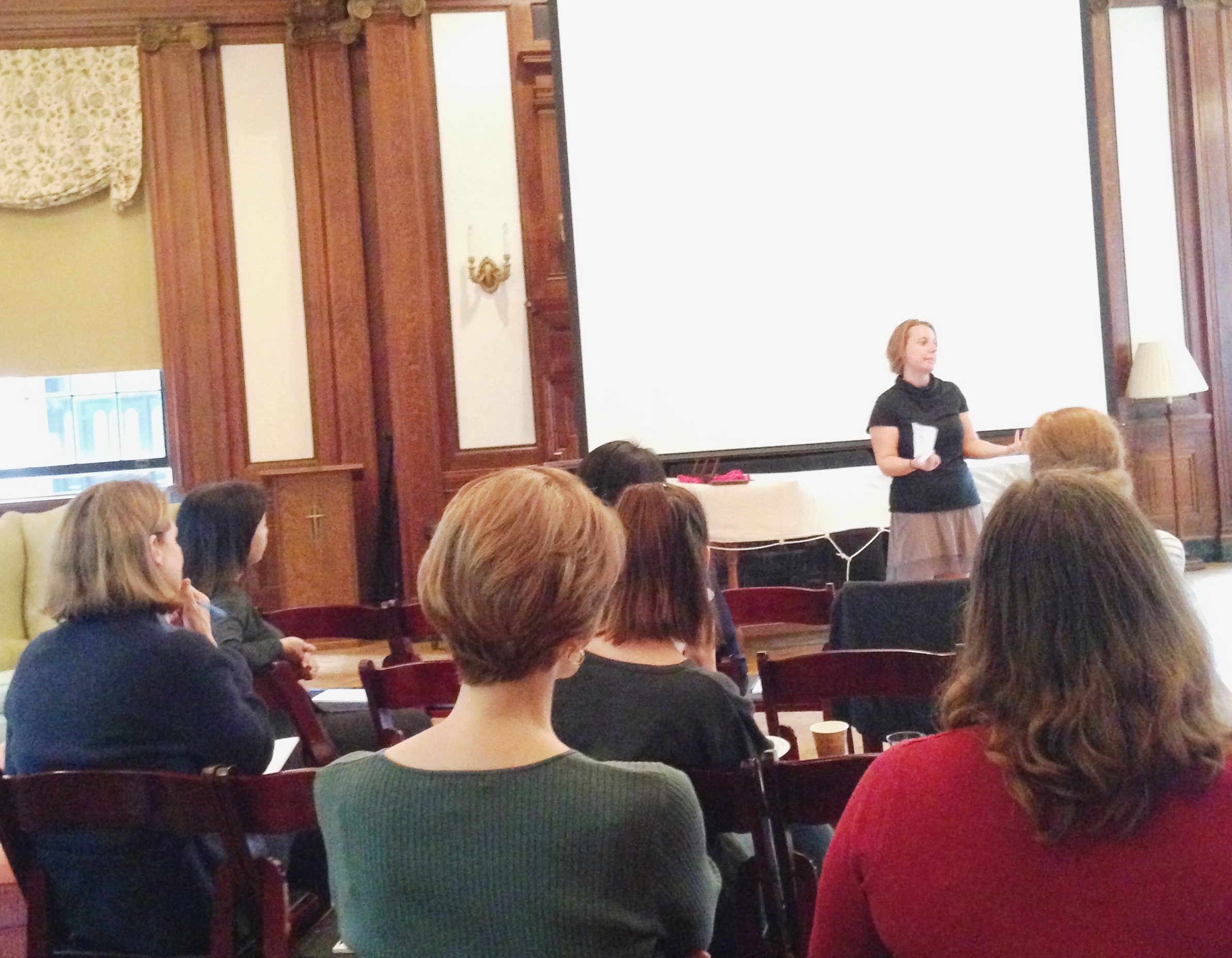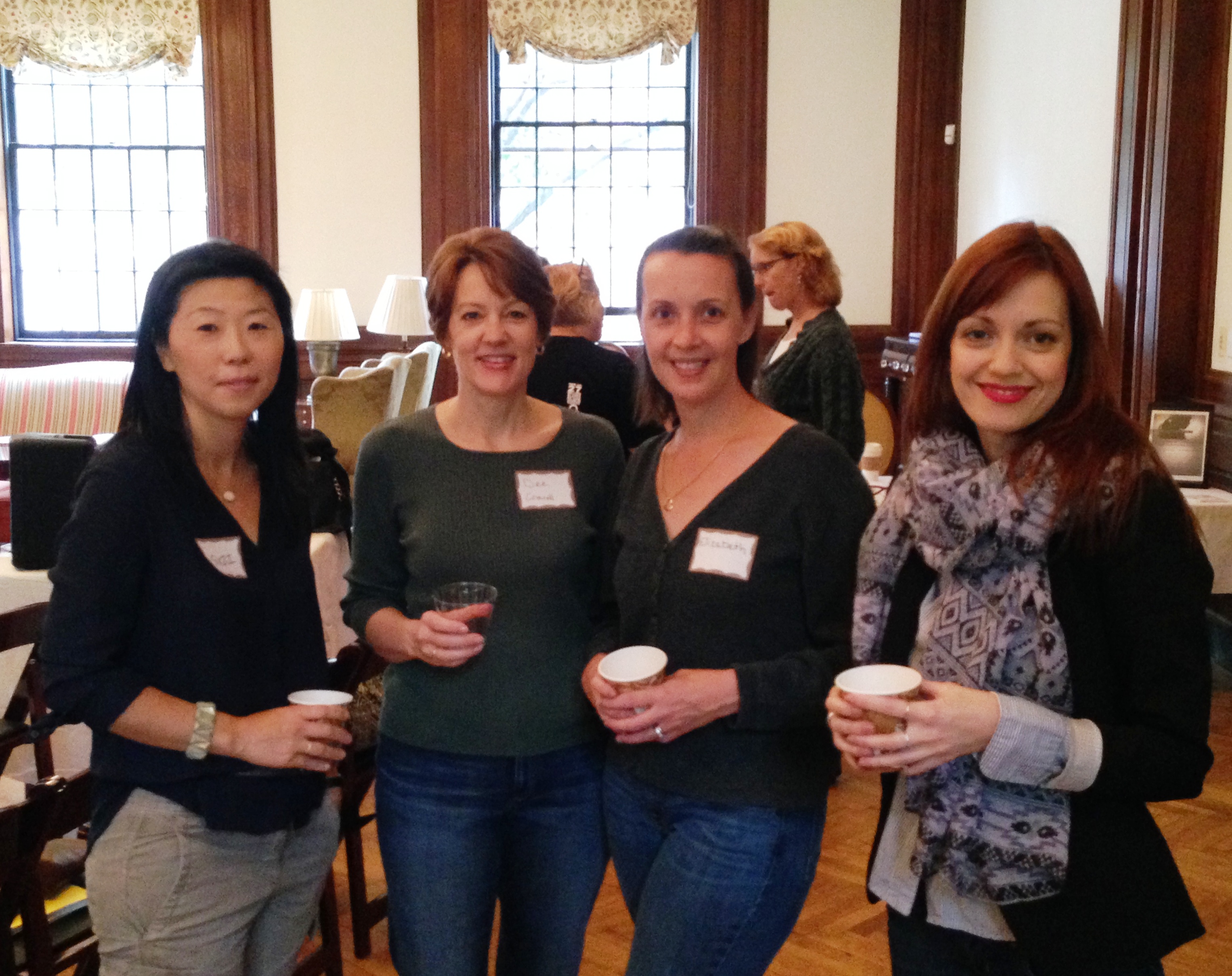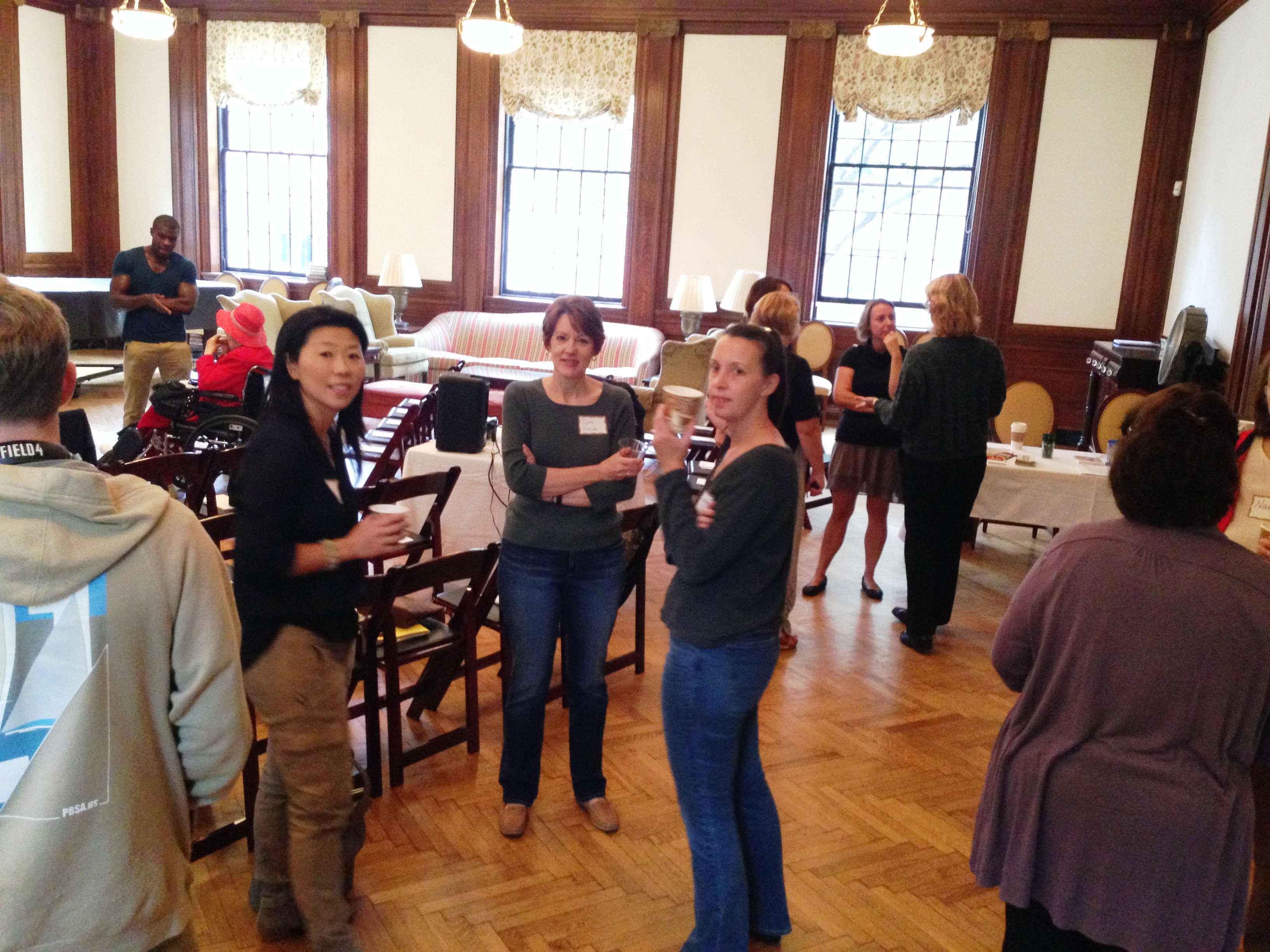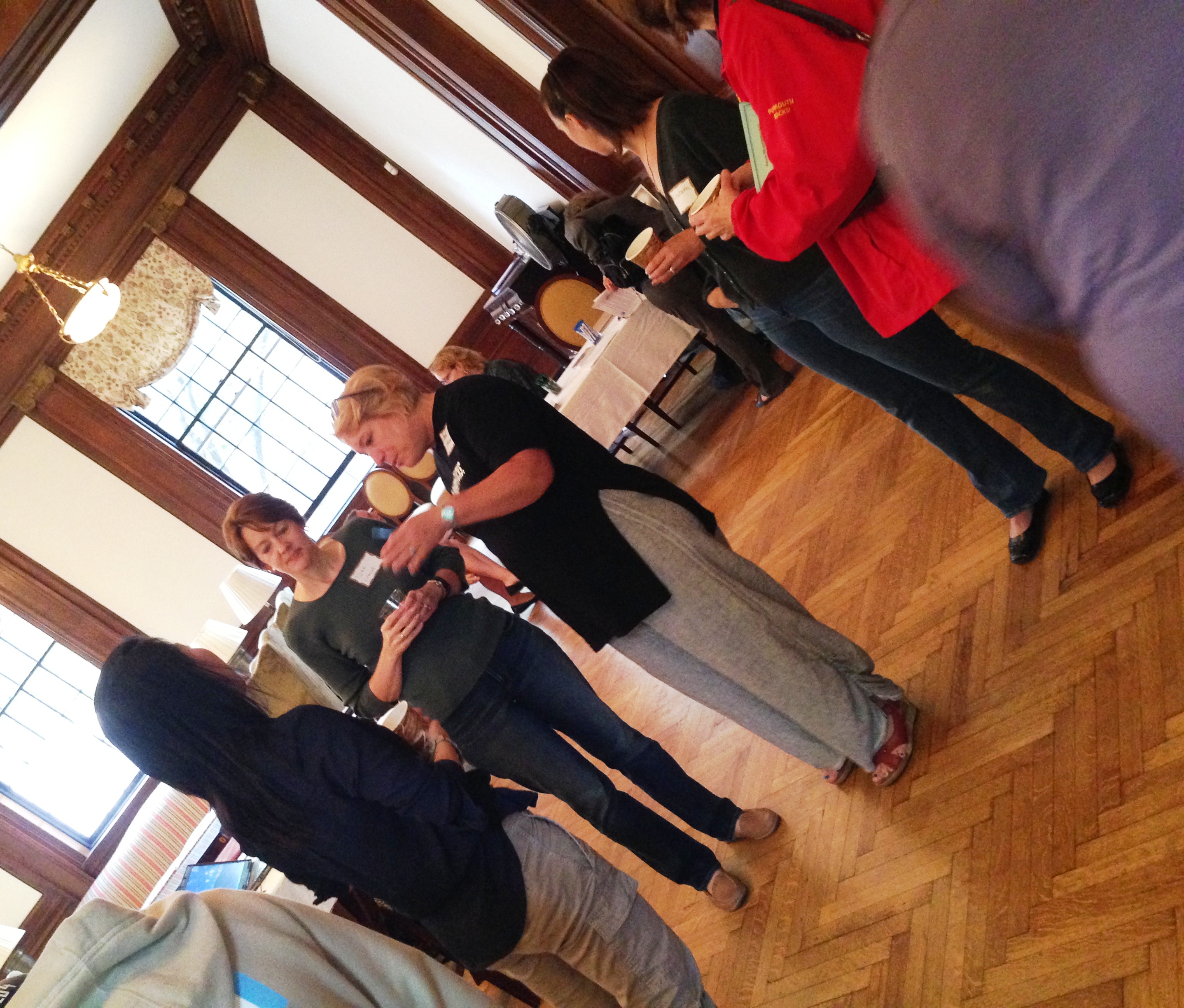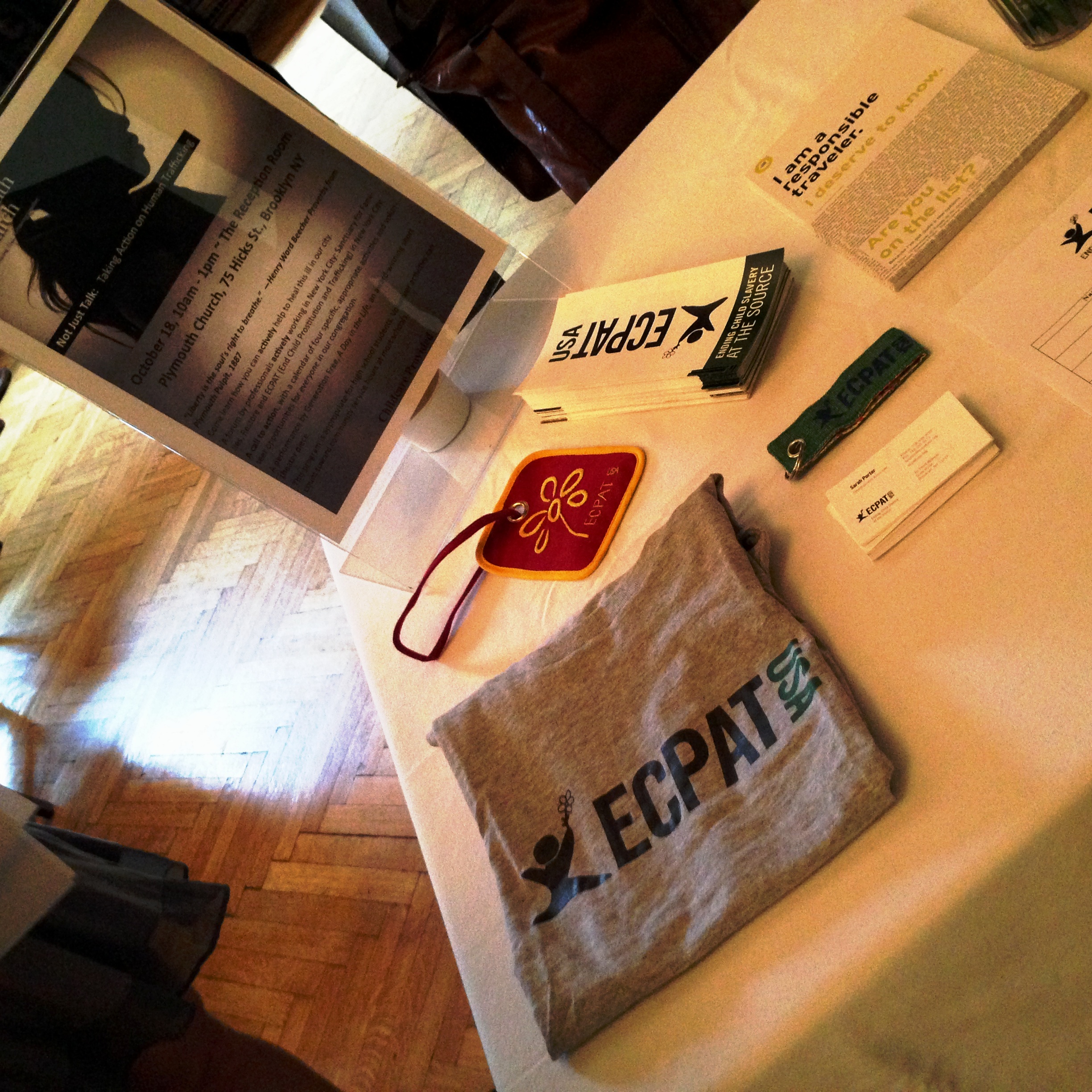Late in the evening after some church meeting or work when I get on the subway, I often look around and inspect my fellow passengers. Where are they coming from? What goes through their minds as they stare into the middle distance tiredly? They’re all people in the middle of struggling with living life as hard as life can be.
The guests at our homeless shelter are similar in their way. They live in a constant state of anxiety and will hardly remember us or any real detail about Plymouth, except vaguely. I have no idea what being homeless is like but from the behavior of the men, you can discern a little: they guard their things, ask permission for nearly every act, retire to the bunks immediately after dinner. Their days are one long, I hope this isn’t too awful and Just let me get through this and Today was bad, hope tomorrow is better. They have their own business and we are merely caretakers of them. CAMBA, the professionals, knows what it’s doing and most of them will get back on their feet soon.
Every so often I’ll wonder why the world simply doesn’t call a halt to everything and solve every problem it has. What is more important than securing safety and comfort for suffering humans, or than providing care for the ill, needy, or lonely? Why do we hold elections, Super Bowls, and 4ths of July when these problems exist? What will the world lose if we take time to pause and bolster the weakest among us? Nothing, that’s what. I think of Wordsworth’s sonnet, “The world is too much with us.” There is such a thing as a National Day of Service but it is sadly underpromoted, and it doesn’t go far enough in my opinion. It should be, International Stop Day.
However, slogans will not solve homelessness nor the shocking poverty that is easy to see here in this city if you’ll only look. Life is complex and social problems require wise adults and effort, neither of which are as glamorous as slogans. Human evil won’t be solved until we enter the next world; until then Jesus has granted us forgiveness for our sinful, wicked natures.
